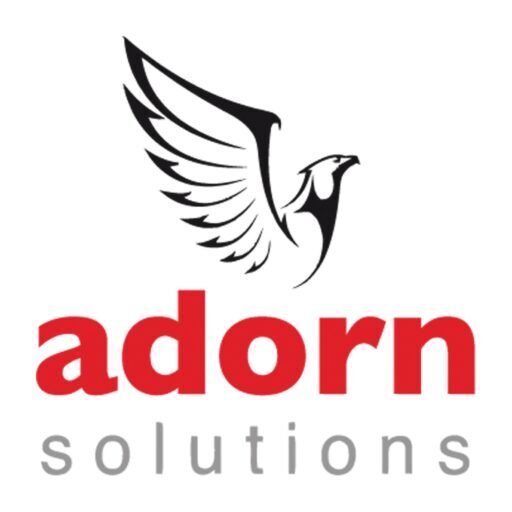Insurance protection for Individuals and Corporate Entities
Introduction: Insurance serves as a vital tool for managing risks and protecting against unforeseen events that can disrupt individuals’ lives and businesses’ operations. Whether it’s safeguarding personal assets or mitigating corporate risks, understanding the fundamentals of insurance is crucial. In this guide, we delve into the world of insurance, exploring its significance, types, and how individuals and corporations can benefit from appropriate coverage.
1. Insurance for Individuals:
Types of Individual Insurance:
- Life Insurance: Provides financial protection to the insured’s family in the event of their death. It ensures that beneficiaries receive a lump sum or periodic payments to cover expenses and maintain their standard of living.
- Health Insurance: Covers medical expenses incurred due to illness, injury, or hospitalization. Health insurance policies vary in coverage, including hospitalization, outpatient care, and pre-existing conditions.
- Property Insurance: Protects against damage or loss of property due to fire, theft, natural disasters, or other covered perils. Homeowners, renters, and property owners can secure insurance for their residences or commercial properties.
- Vehicle Insurance: Offers financial protection against damage to vehicles and liability for bodily injury or property damage caused by accidents. Auto insurance policies may also include coverage for theft, vandalism, and third-party liabilities.
Benefits of Insurance for Individuals:
- Financial Security: Insurance provides individuals and their families with financial security and peace of mind, knowing that they are protected against unexpected events.
- Risk Mitigation: Insurance helps mitigate the financial impact of unforeseen circumstances such as illness, accidents, or property damage.
- Asset Protection: Insurance safeguards individuals’ assets, including homes, vehicles, and personal belongings, from potential risks and liabilities.
2. Insurance for Corporate Risk Cover:
Types of Corporate Insurance:
- Property Insurance: Protects businesses against damage or loss of physical assets such as buildings, equipment, and inventory due to fire, theft, or natural disasters.
- Liability Insurance: Covers legal liabilities arising from bodily injury, property damage, or other third-party claims against the business. Examples include general liability insurance, professional liability insurance (errors and omissions), and product liability insurance.
- Business Interruption Insurance: Provides coverage for lost income and additional expenses incurred when a business is temporarily unable to operate due to covered perils such as fire, natural disasters, or equipment breakdowns.
- Directors and Officers (D&O) Insurance: Protects corporate directors and officers from personal liabilities arising from decisions made in their official capacities. D&O insurance covers legal expenses and damages resulting from lawsuits alleging wrongful acts or negligence.
Benefits of Insurance for Corporations:
- Risk Management: Insurance enables corporations to effectively manage and transfer various risks associated with their operations, including property damage, liability claims, and business interruptions.
- Financial Protection: Corporate insurance provides financial protection against unforeseen events that could otherwise result in significant financial losses and disrupt business continuity.
- Compliance and Peace of Mind: Many industries require businesses to carry specific insurance coverage to comply with regulations and contractual obligations. Having adequate insurance coverage gives corporations peace of mind and enhances their credibility and reputation.
Insurance plays a crucial role in safeguarding individuals’ and corporations’ financial interests by providing protection against various risks and uncertainties. Whether it’s securing life, health, property, or liability coverage, insurance offers peace of mind and financial security in the face of unforeseen events. By understanding the different types of insurance available and their benefits, individuals and corporations can make informed decisions to mitigate risks and protect their assets and livelihoods. Consulting with insurance professionals or advisors can help tailor insurance solutions to meet specific needs and objectives.
